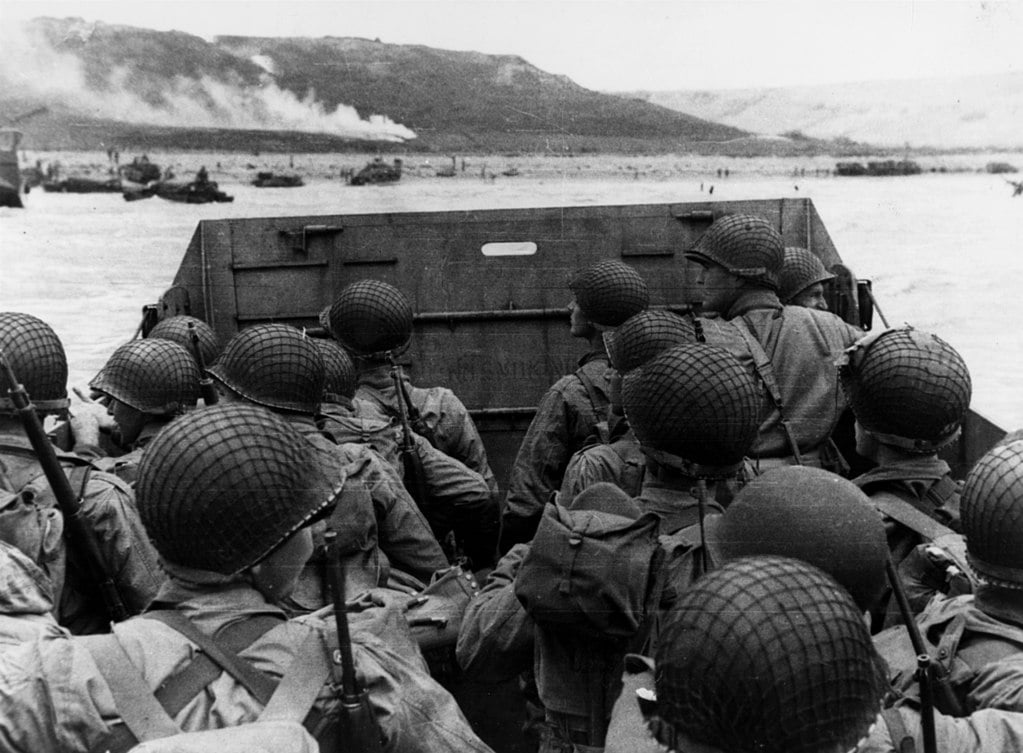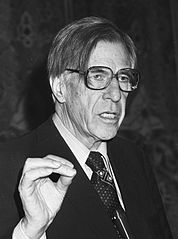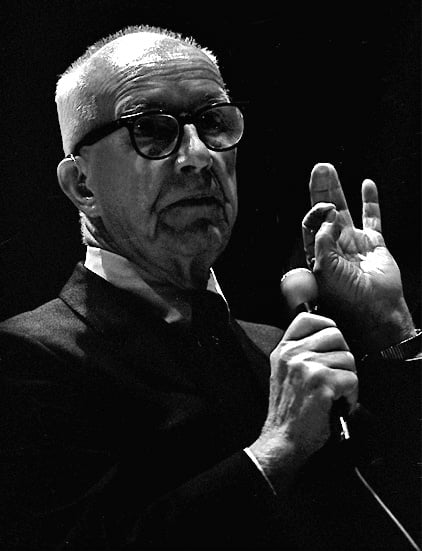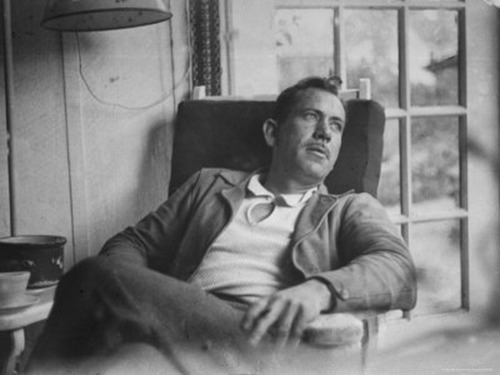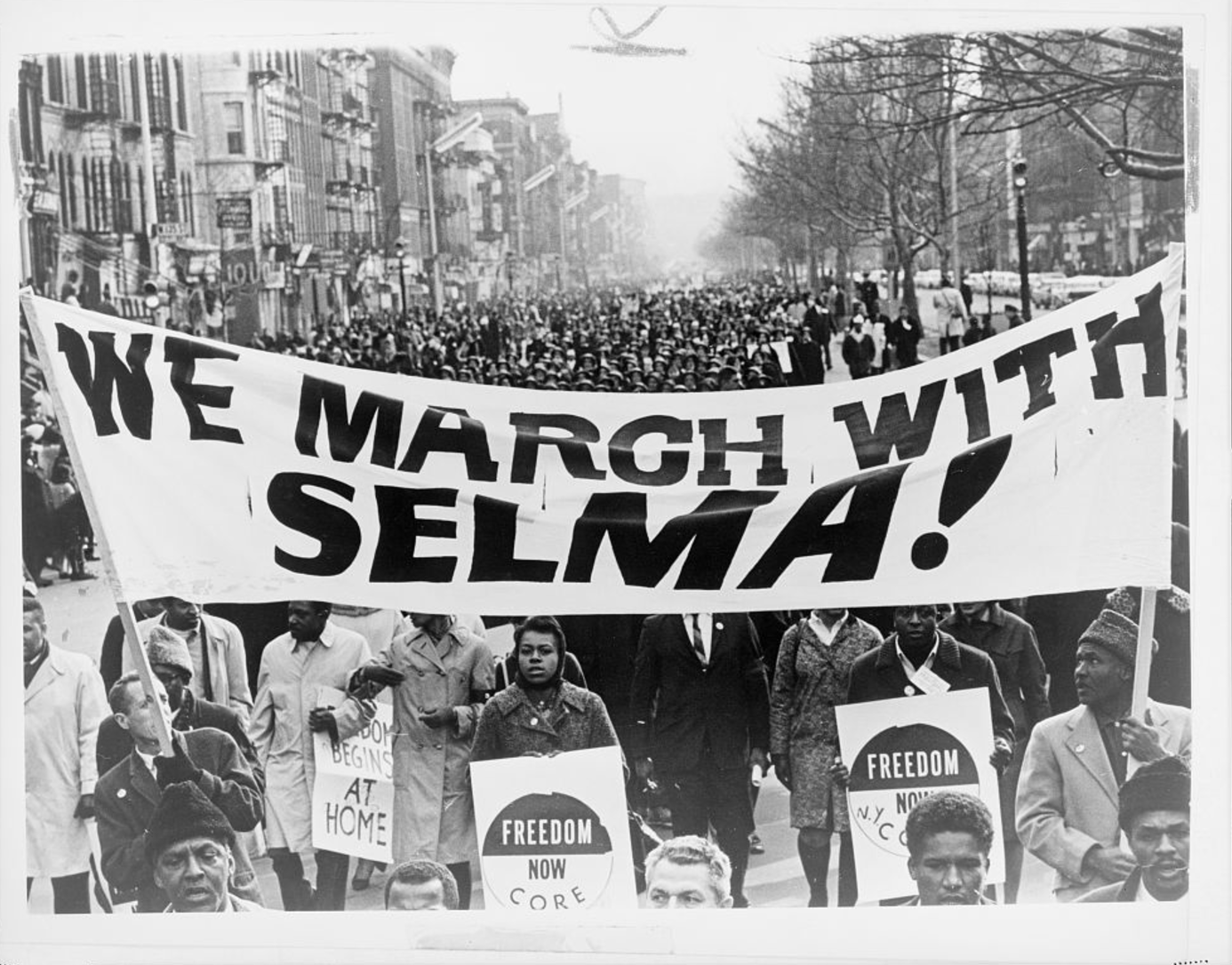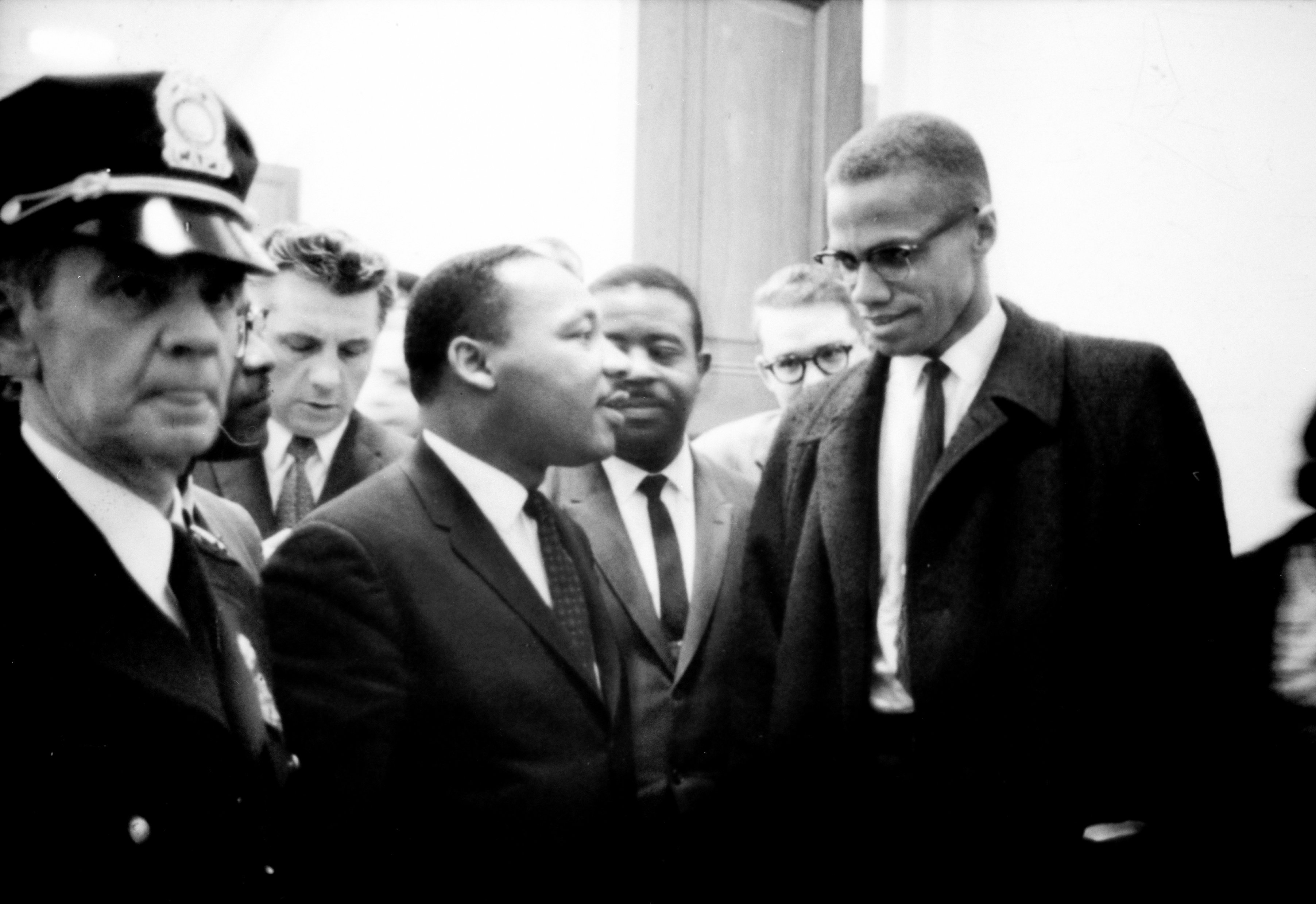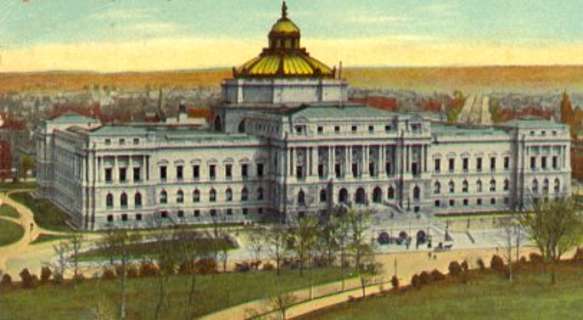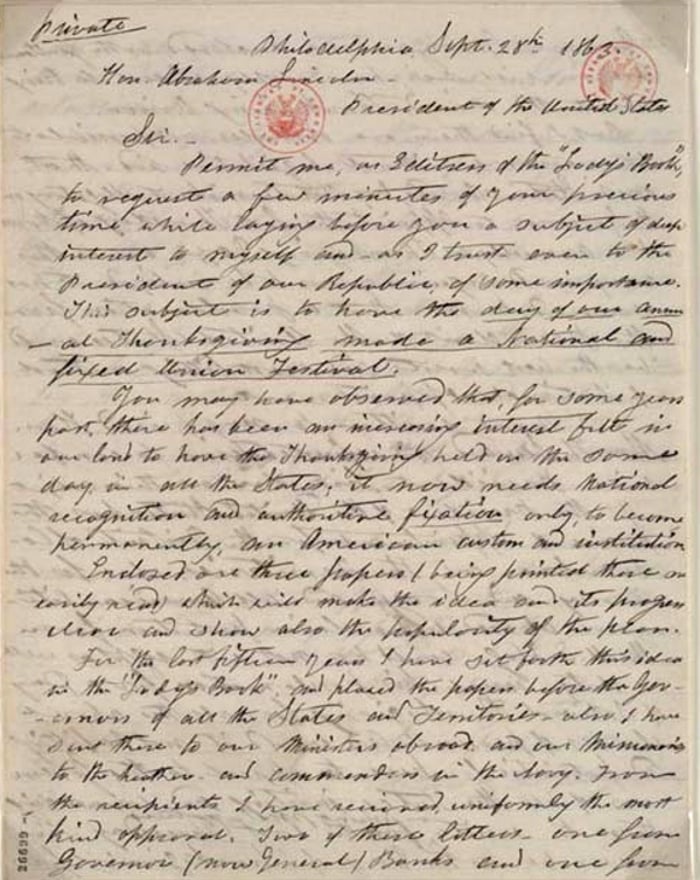Today marks the anniversary of the Allied invasion of Normandy on June 6, 1944. The day is commonly referred to as D-Day, and nearly everyone knows that. But, do we remember its significance? Or are we quick to dismiss it as another marker of a long-past historic battle? Have the intermittent years of war since numbed us to the cost of it all?
As the years tick on, we have fewer and fewer first-hand witnesses of these events in our midst. The unimaginably brave men who stormed the beaches and survived that gruesome day (and the ensuing Battle of Normandy, which lasted until August, 1944) are now dying of old age. And when the last of them dies, how will we honor them? How will we remember what they fought for? We believe that it is crucial to keep the events of D-Day, and all that followed, fresh in our memory, so that we can teach it to our children and our children's children—those who may never get to hear an eye-witness account in person. How can we do that? Certainly the literature surrounding D-Day and all of World War II can be of help.




